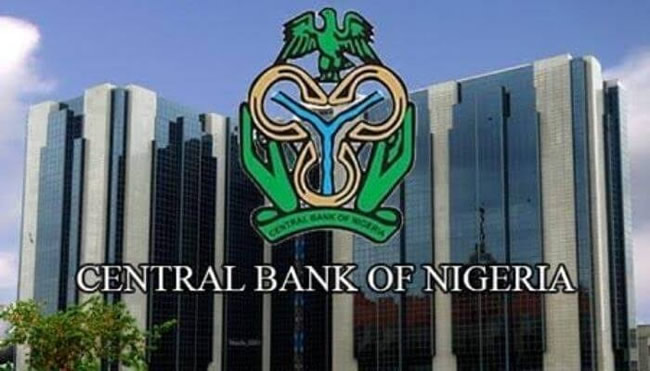In an interview with NAN on Monday, Aminu Gwadabe, president of the Association of Bureau De Change Operators of Nigeria (ABCON), warned that failure to do so could lead to mass job losses across the sector.
Gwadabe said most BDC operators are struggling to meet the new capital threshold, despite a previous extension granted by the apex bank.
In May 2024, the CBN revised operational guidelines for BDCs, effective June 3 of the same year.
The financial regulator directed all operators to reapply for licences.
The guidelines introduced a two-tier licensing regime, mandating tier 1 BDC operators to have a capital base of N2 billion, while tier 2 operators need N500 million.
The CBN pegged non-refundable application fees at N5 million for tier 1 and N2 million for tier 2.
Operators were also given an initial six months to comply with the new capital requirements, which was by another six months.
The current deadline expires on June 3, 2025.
But with just days to go, Gwadabe expressed concern that “less than 10 percent” of members have met the threshold, putting over three million jobs and livelihoods at risk.
“The way forward to mitigate this is an appeal for further extension and a deliberate review of the financial requirements as some members strive to achieve them,” he said.
“The CBN should continue their stakeholder collaboration during the extension to douse the anxiety, pressures, and tension currently enveloping the sector.
“Finally, there is the acceleration of the licensing process to give hope, clarity, and direction to the investors who have met the requirements and the prospective investors.”
He said ABCON has continued to engage the CBN and other relevant agencies to prevent job losses.
The president said the association is also holding strategic sessions among “our members to explore frameworks like mergers, investor acquisition, and seeking a ‘No Objection’ from the CBN”.
Gwadabe said ABCON encourages members to form clusters and establish public limited liability companies to ensure broader participation under the new structure.
“The plans for mergers include identifying like minds in five, 10, 15, 20 entities to come together and float a new entity,” he said.
“As earlier mentioned, we have also applied to the CBN for ‘No Objection’ on our plans to float public limited liability with the capacity to absorb many of our members but met a holding response from the CBN.”
The recapitalisation push is part of the CBN’s broader effort to sanitise and strengthen Nigeria’s foreign exchange (FX) market.












